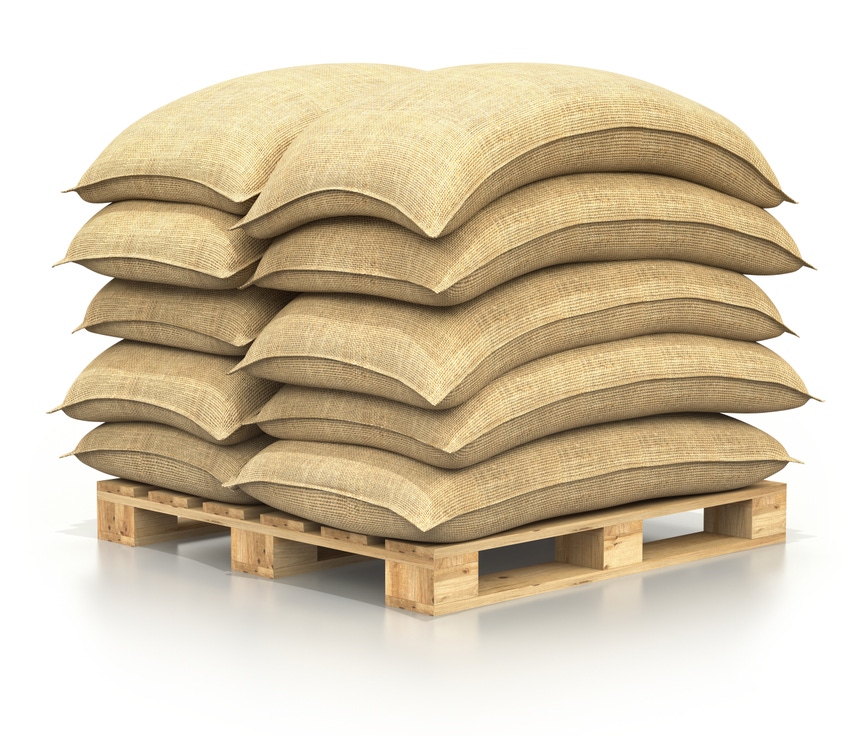Imperial College London bioengineers and German animal feed producer to develop new carotenoid synthesis processes.
January 22, 2019

Researchers in the Imperial College London's department of bioengineering have joined with German animal feed producer Kaesler Nutrition to kick-start the company’s in-house production of carotenoids, according to an announcement from the U.K. college.
Carotenoids are naturally occurring, fat-soluble additives that Kaesler and other feed producers add to their products to improve appearance and nutritional quality. Currently, Kaesler buys and refines these essential additives from other natural sources but is starting to explore ways to produce them completely in house, Imperial College London said. However, carotenoids can be difficult to synthesize, with the traditional process producing relatively low yields on high production costs.
"We are excited to work with Imperial’s researchers to translate their unique expertise in microorganism engineering into industrially relevant processes," said Dr. Heiko Dietz, head of research and development at Kaesler.
In research circles, a microbial-centered approach has shown early success in improving yields. Led by synthetic bioengineer Dr. Rodrigo Ledesma-Amaro, a team of Imperial bioengineers will be pioneering a yeast-based approach to apply to Kaesler’s synthesis process, which will expand the company’s current production capabilities, the college said. In turn, the research lab’s program will benefit from having direct feedback from consumers and producers, and the boost in resources will allow the group to explore novel strategies for production.
The two-year project is part of a wider program of academic engagement for Kaesler, which is currently sponsoring complementary research projects with two other universities in Germany.
“This collaboration is a great opportunity for us to increase the speed of execution of this project. We will do this by leveraging complementary expertise between the different working groups. We are excited to work with Imperial’s researchers to translate their unique expertise in microorganism engineering into industrially relevant processes,” Dietz said.
Research staff will be based in both England and Germany to ensure that the teams can work unhindered. An exchange of students and materials will further support knowledge transfer in the partnership, Imperial College London said.
Ledesma-Amaro’s group has a specific interest in engineering microorganisms, using these microorganisms to produce high-value chemicals, fuels and biomaterials for biomedical and environmental applications, the college explained.
“Collaborating with relevant industry partners such as Kaesler is a very rewarding experience,” Ledesma-Amaro said. “It allows us to close the gap between cutting-edge academic achievements and an impact in the real world. We are, thus, very excited to begin this collaboration with Kaesler Nutrition, which could lead to innovative biotechnological and bioengineering processes.”
Headquartered in Cuxhaven, Germany, Kaesler Nutrition produces a broad range of feed additives and premixes in its own state-of-the-art facilities. Prior to December 2016, the company operated under the Lohmann Animal Nutrition GmbH name.
Source: Imperial College London, which is solely responsible for the information provided and is wholly owned by the source. Informa Business Media and all its subsidiaries are not responsible for any of the content contained in this information asset.
You May Also Like



